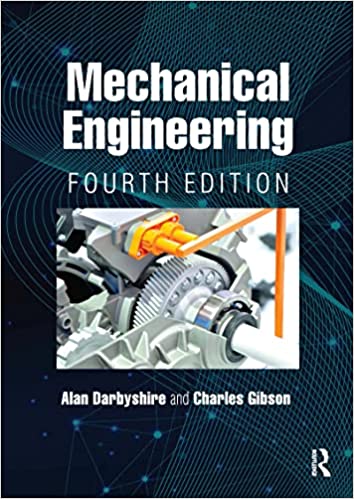
English | 2022 | ISBN: 1032188545 | 519 pages | True PDF | 42.45 MB
Now in its fourth edition, Mechanical Engineering has been revised to be in line with the technical qualifications of the new engineering apprenticeship standards at Level 3. In addition, four new chapters are included that cover static and dynamic engineering systems, fluid systems and additive manufacturing.
The text covers eight units of the BTEC L3 Advanced Manufacturing Engineering Development Technical Knowledge qualification, as well as some content in the BTEC National Engineering Syllabus and BTEC L3 Aerospace and Aviation Engineering specialist qualifications. It also covers some of the content in the EAL L3 Advanced Manufacturing Engineering Development Technical Knowledge qualification.
To enhance learning, mathematical theory is backed up with numerous examples to work through. There are also activities for students to complete out of the classroom that help put the theory into context. Test your knowledge quizzes throughout the text enable students to test their understanding, while end of unit review questions are helpful for exam revision and course work.
This book is ideal for students undertaking Level 3 courses in engineering although students undertaking Level 4 engineering courses will also find the content of the book useful to their studies.
Alan Darbyshire is a retired Further Education lecturer and experienced textbook author for Intermediate GNVQ and AVCE. He drafted several of the mechanical engineering units for the BTEC National specifications.
Charles Gibson completed an aeronautical mechanical engineering apprenticeship, and then spent 16 years in the Royal Navy maintaining military helicopters before retiring from the military in 2008. Since then, he has worked in Further Education as the Head of Aeronautical Engineering at City of Bristol College where he also taught on several programmes, including BTECs in Aeronautical Engineering and Foundation Degrees. In 2013, he transferred to Yeovil College where he continues to teach on engineering programmes from Level 2 to Level 5. He has also been involved in the writing of engineering technical knowledge qualifications for several engineering apprenticeship standards.
Links are Interchangeable - No Password - Single Extraction



